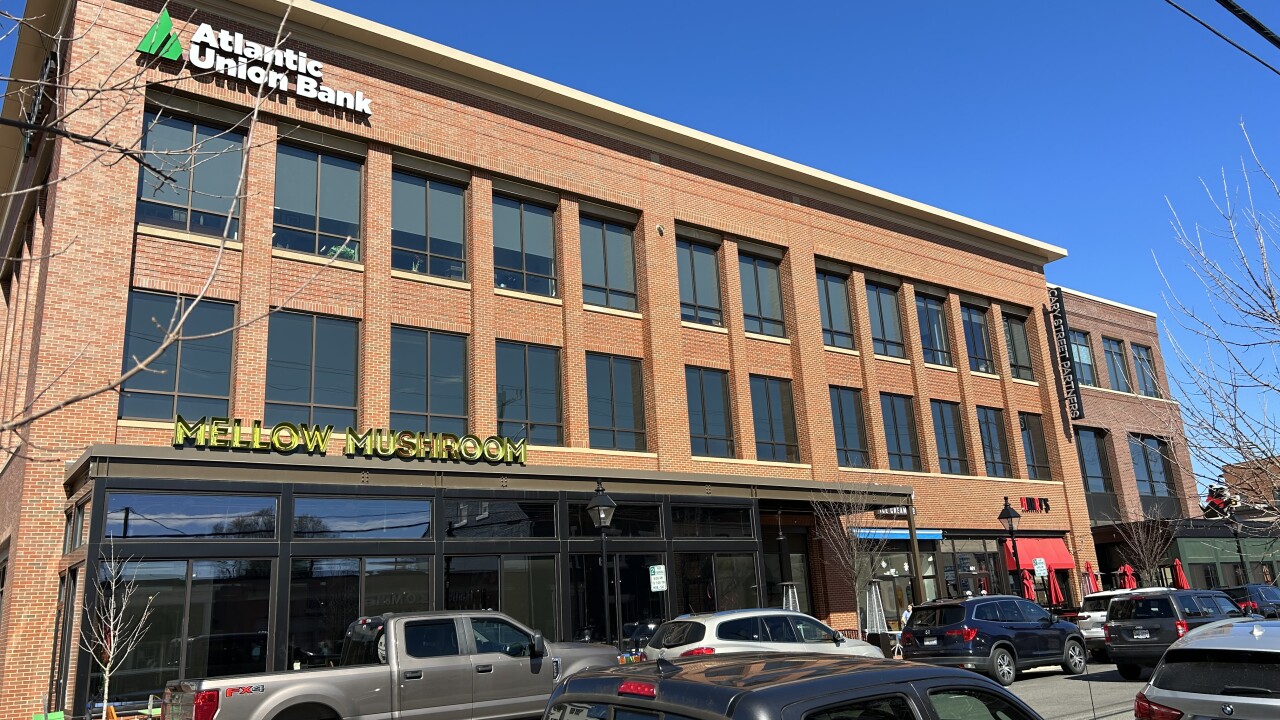E-commerce has expanded greatly, giving any merchant the opportunity to sell in any market. That leaves payment providers scrambling for an angle in a crowded market.
With well-heeled companies like ACI Worldwide, Adyen, BlueSnap, Credorax, First Data, GlobalOnePay, PayPal, Pitney Bowes and Wirecard mining lucrative
"There is no tougher market than Brazil," said dLocal CEO Sebastian Kanovich. "Security requires different methods in different markets, and acceptance of many payment methods, and Brazil was a good testing ground for that."
dLocal's based in Montevideo, Uruguay and has offices in Sao Paulo, Brazil, San Francisco, London and Tel Aviv. The company cut its cross-border payments services' teeth in Brazil, and currently supports 300 local payment methods in 15 emerging market countries. The company most recently added Indonesia, Ecuador and Bolivia as places its e-commerce clients could do business, having already established service in the key markets of Brazil, China, India and Mexico.

It's battling other payment service providers, which are challenged to ease a complex process that includes accepting multiple currencies, complying to local and national payments regulations, establishing strong security in high-risk regions, and allowing merchants to accept any payment method a consumer prefers.
"Providing access to a country’s most used payment methods is really what all PSPs are focused on," said Talie Baker, analyst with Aite Group. "In addition, they also need to be focused on providing access to alternative payment methods such as PayPal, digital wallets, M-pesa, bitcoin, and others, if those payment methods are used in the markets they are serving."
The Latin American markets have no single payment method preference within them, nor do consumers pay the same way across those markets, dLocal's Kanovich said. "One market might have proxies for Visa and Mastercard, but probably different fraud rules and different currencies under different controls," he added.
In addition, large segments of the population prefer to pay with cash, which has to be accommodated through local systems and partners.
"When we first started dLocal, we were thinking we might see some sort of consolidation, because there were hundreds of payment methods and we felt there had to eventually be a trend in which many of these could aggregate to become one," Kanovich said. "But it hasn't happened."
dLocal is in the same boat as many other providers trying to establish a presence for e-commerce merchants.
"The goal of the PSP is to provide access to many payment methods through a one-stop shop so merchants can sell their goods to as many consumers as possible," Aite's Baker said. "The one-stop shop is particularly important for a smaller merchant who does not have a payment operations function."
A global merchant like Walmart has in-house payments expertise and processes, so the one-stop shop approach is not as critical, Baker added.
The local acquiring model matters to merchants when they are seeking ways to survive in a global marketplace. Of most value to them is finding the right formula for increasing revenues and decreasing costs by avoiding excessive tax on interchange rates as a foreign business. In many ways, those desires go up against the complexities in emerging markets.
"We see the fragmentation getting bigger and bigger because there are so many payment methods that apply to different people," Kanovich said.
When first offering services in India three years ago, dLocal had to operate within stringent local rules as the country was launching its
"It showed that there are many different facets to each market," Kanovich said. "It would not be honest for me to say we have mastered the problems in each market, as we also continue to build and learn. But the experience we have, definitely helps us when going into new markets like Indonesia or Bolivia."
dLocal offers its service on a white label basis, integrating with the merchant's network through an API, operating as a conduit to global market networks. The company provides a merchant dashboard, delivering data to the merchant while allowing that merchant to delete or store data as needed.
"We don't have any type of black box storage, as we want to give the merchant what he needs and let them decide what to do with the data," Kanovich said. "We are the ones powering the payments and we know what performance is needed to provide what the merchants are requiring of us."





